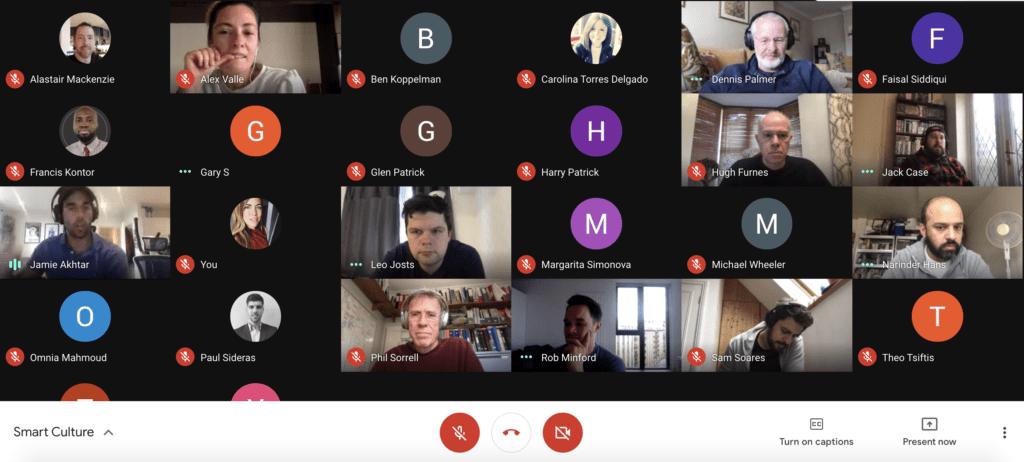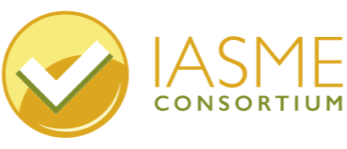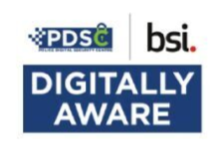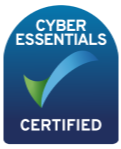Starting a new job can be nerve-wracking at the best of times. Who do I go to with IT questions? What’s the code for the printer? Is that a bottle of Veuve Clicquot on your desk?
Ben Koppelman, CyberSmart’s new Research and Innovation Lead, faced some slightly different challenges this week as our first employee to undergo a completely remote onboarding as our team continues to adapt to its new work environment during COVID-19.
Today we get Ben’s reflections on getting to know his coworkers virtually (“I have no idea if anyone in fact wears trousers. Maybe it’s pants only?”) and speak with our Chief Operating Officer, Dennis Palmer, about CyberSmart’s onboarding process in the time of remote working.
The Setup
Just like in person, providing remote new starters with the tools they need to work and collaborate effectively is a key part of the onboarding process. As a ‘remote by design’ company, Dennis says most of these procedures functioned as they normally would. Each new joiner is issued with a laptop fully configured and tested to enable voice and video calls plus a pre-loaded diary with their induction invitations.
This was especially important jumping right into a remote setup.
“I was reassured by all the kit I was given including a new laptop,” says Ben. “I’m having problems with my own computer at home (it’s a bit old) and so it was good to feel confident that all the virtual meets could go okay.”
Thankfully, we are all getting a hang of this remote thing together (if you haven’t heard yet, CTRL-SHIFT-U is the shortcut to unmute. You’re welcome).
Getting to know you
“The biggest challenge is the lack of immediate physical introductions. We covered this by insisting that all the induction sessions were conducted using video calls that gave all participants the opportunity to ‘see’ each other,” says Dennis.
Of course, adds Ben, “it’s always easier to read people in person and understand existing relationships- in-jokes, personalities…and I was wary about technical glitches but pleasantly surprised that Google Hangouts proved to be reliable with the right functionality.”
Still, it’s harder as a newcomer to connect with strangers and strike up conversations when you have to awkwardly call them rather than bumping into them by the coffee stand. This has been a struggle for all of us as we adjust to working from home so we’re trying to implement some new routines to help us connect. Regular team lunches and check-ins help, but we’re still finding our feet.
(Work)life is a journey
Our company has expanded quickly over the last year from eight team members to now over 30. This February we evaluated our induction process to make sure new starters were really getting the information they needed from each team to do their job. We were getting too big for ad hoc meet-and-greets.
We decided to take a structured approach that introduced new starters to teams as if they were on their own customer journey with us. Understanding the full scope of the business and its function areas are especially critical for Ben’s role as Research and Innovation Lead which focuses on scanning the horizon of the industry for potential paths of growth, development, and collaboration for the company.
“In essence, the onboarding journey is a discovery of our product,” explains Dennis. “How we promote it, how we close sales, how we manage all the levels of product distribution channels. We cover how we seek further large scale opportunities in wider corporates, how we support live users of the product, and how the product is built. It’s the end-to-end process that hangs everything together and paints the picture of the whole company.”
And to top off that information overload, we asked Ben to summarise it for us.
The Playback Pitch
A key aspect of our induction process is requiring new starters to pitch the company back to us at the end of their first week. This is a way of testing ourselves; what are we communicating in induction about our values, operations, and goals? Did we do it well enough that a newcomer could explain it?
A key aspect of our induction process is requiring new starters to pitch the company back to us at the end of their first week.
“I liked the idea of presenting back at the end of the week,” Ben says. “It made sure I was looking out for key information as I met each team. Plus it helped with the team bonding; I felt I had something to contribute and ask. It instantly created a sense of ‘we do this’ rather than ‘you at CyberSmart do this. Preparing it also allowed me to notice some common links between teams- similar ideas, principles, ambitions.”
This is the same process for any employee- remote or face to face.
“We stress that the pitch at the end of the induction process is not a test,” Dennis explains, “but a method for all parties to check learning and where there is any misunderstanding to gently correct it immediately, to the longer-term benefit of us all.”




